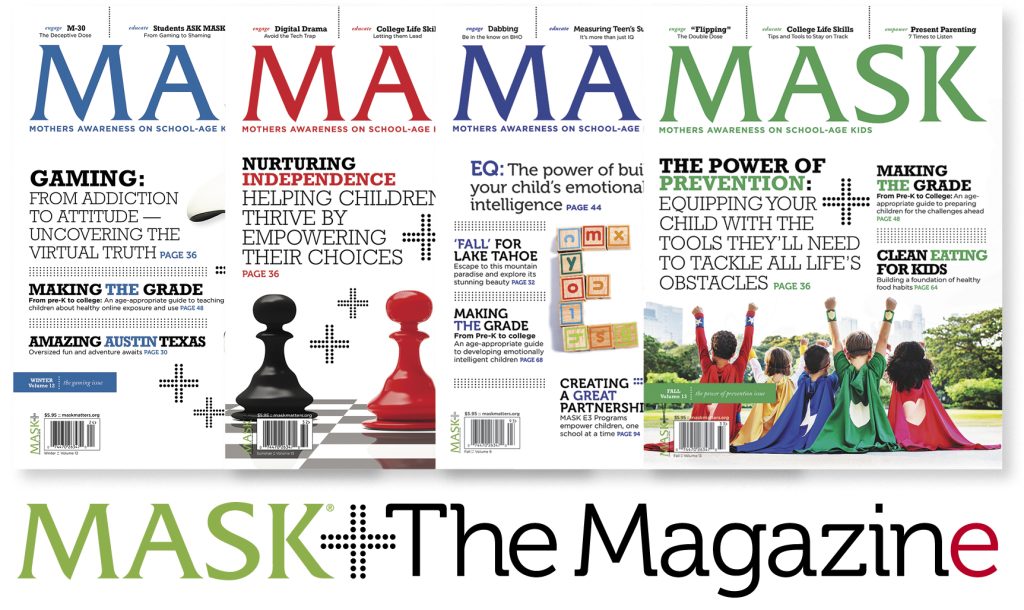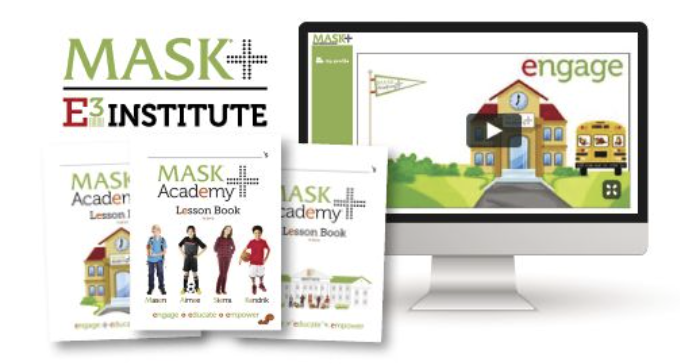
What Does it Mean to Show Respect for Others?
May 31, 2024
Party Buses and Underage Drinking
June 7, 2024Teaching your child to respect themselves is a crucial aspect of their overall development and well-being.
Here are some strategies to help instill self-respect in your child:
- Model Self-Respect: Children often learn by example, so it’s essential to demonstrate self-respect in your own actions and behaviors. Show them how you value yourself by setting boundaries, taking care of your physical and emotional needs, and speaking positively about yourself.
- Encourage Self-Expression: Allow your child to express their thoughts, feelings, and opinions without judgment. Validate their experiences and encourage them to communicate openly with you.
- Promote Positive Self-Talk: Help your child develop a positive inner dialogue by encouraging them to challenge negative thoughts and replace them with affirming statements. Teach them to recognize their strengths and accomplishments.
- Set Realistic Expectations: Encourage your child to set realistic goals and expectations for themselves. Help them understand that it’s okay to make mistakes and that failure is a natural part of the learning process.
- Teach Assertiveness: Teach your child how to assert themselves respectfully and advocate for their needs and rights. Role-play different scenarios to help them develop assertive communication skills.
- Foster Independence: Allow your child to take on age-appropriate responsibilities and make decisions for themselves. Encourage them to problem-solve and make choices independently, while offering guidance and support when needed.
- Celebrate Individuality: Embrace your child’s unique qualities and interests, and encourage them to celebrate what makes them special. Help them understand that diversity is something to be valued and respected in themselves and others.
- Provide Unconditional Love and Support: Show your child that you love and accept them for who they are, regardless of their achievements or mistakes. Offer praise and encouragement to boost their self-esteem and confidence.
- Set Boundaries: Establish clear and consistent boundaries to help your child understand what is acceptable behavior and what is not. Enforce consequences for crossing boundaries while also providing opportunities for them to learn and grow.
- Encourage Self-Care: Teach your child the importance of taking care of their physical, emotional, and mental well-being. Encourage healthy habits such as exercise, proper nutrition, adequate sleep, and stress management techniques.
By implementing these strategies, you can help your child develop a strong sense of self-respect that will serve them well throughout their lives. Remember to be patient and supportive as they navigate their journey toward self-discovery and self-acceptance.
To learn more tips and parenting subscribe to MASK The Magazine, parenting solutions for today’s families
Subscribe to MASK The Magazine
Or
Did you know that you can add past issues of MASK The Magazine and start your MASK Library –
Enroll your child or school in the MASK E3 Institute to equip them with the knowledge to make safe healthy and informed decisions.




